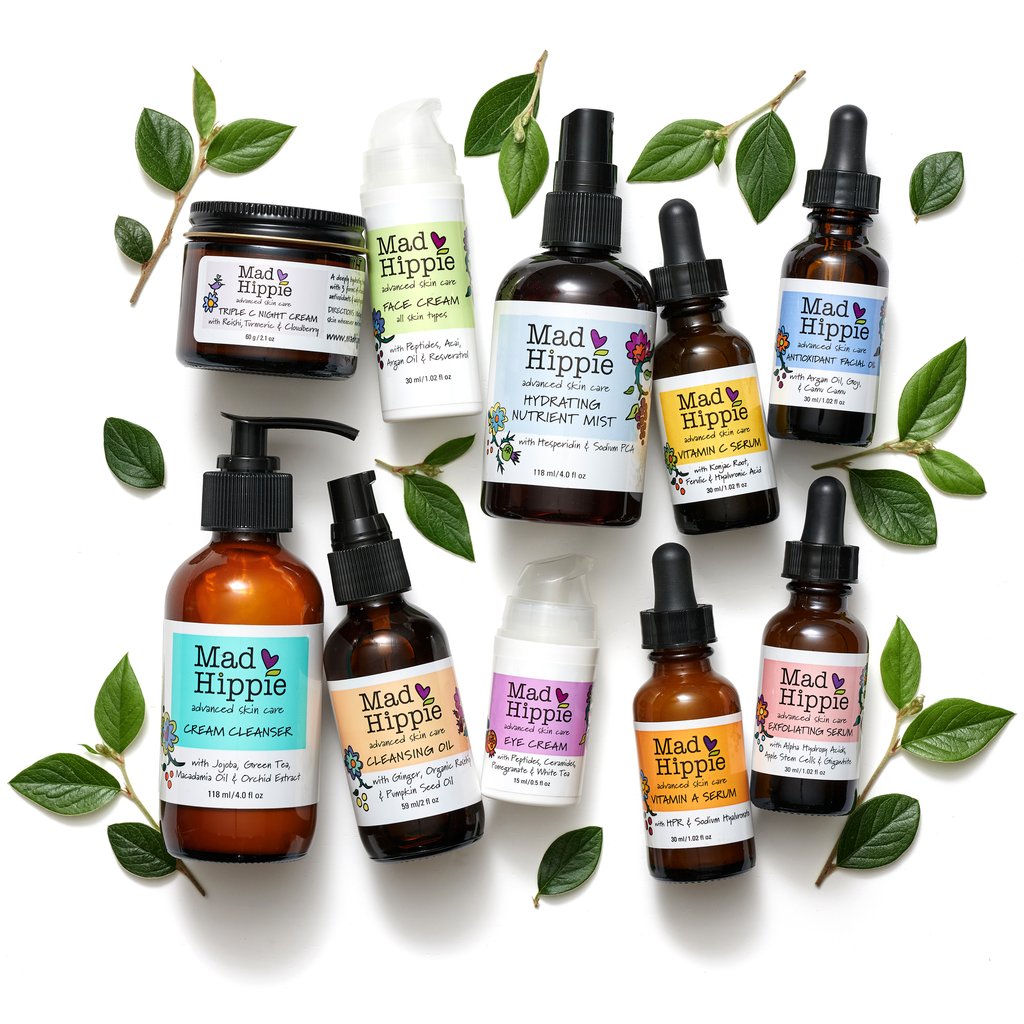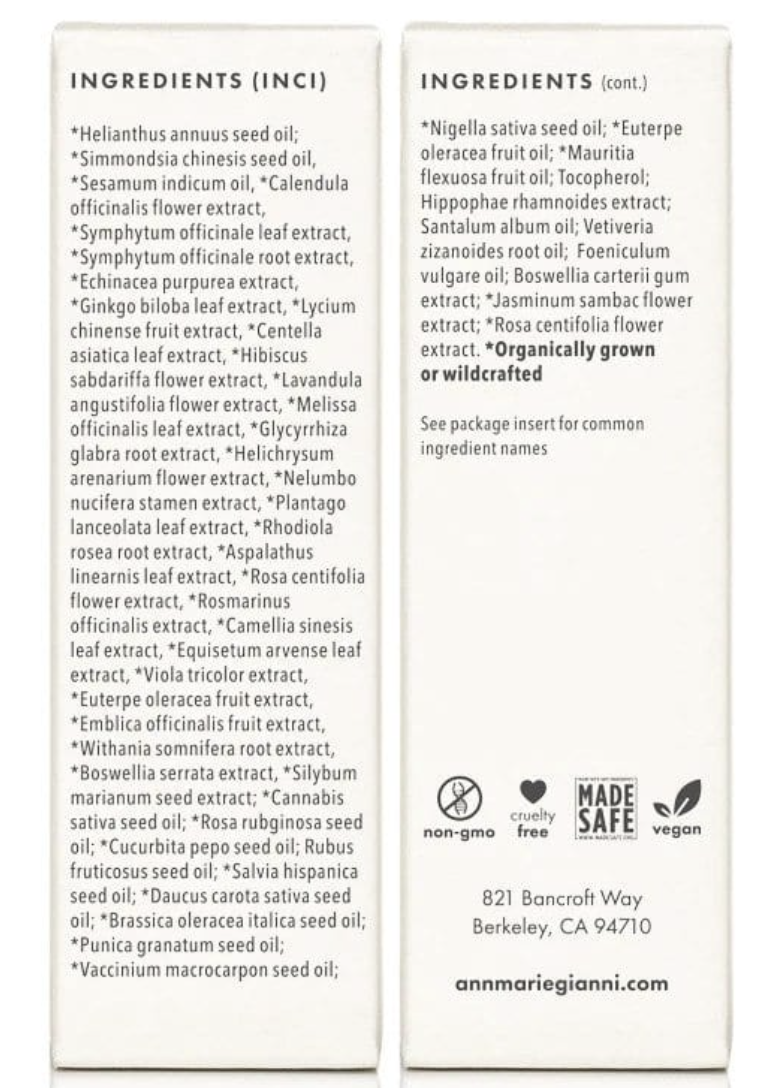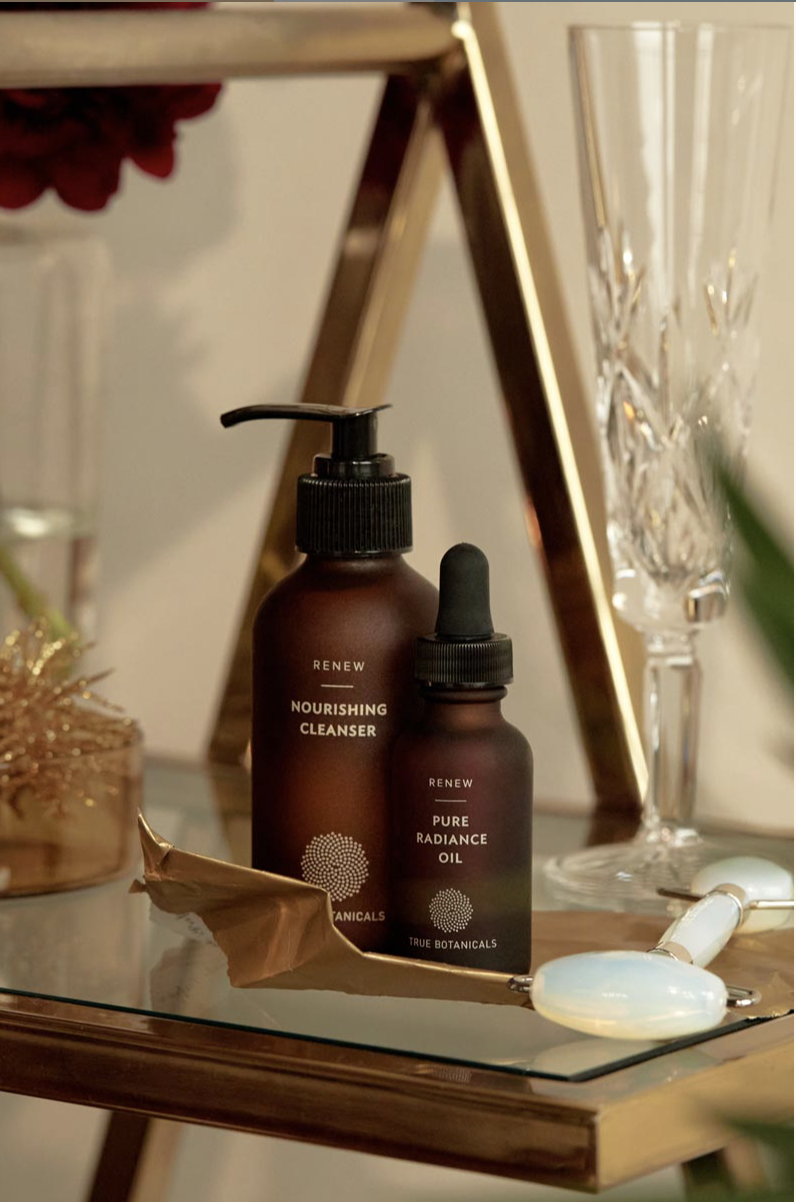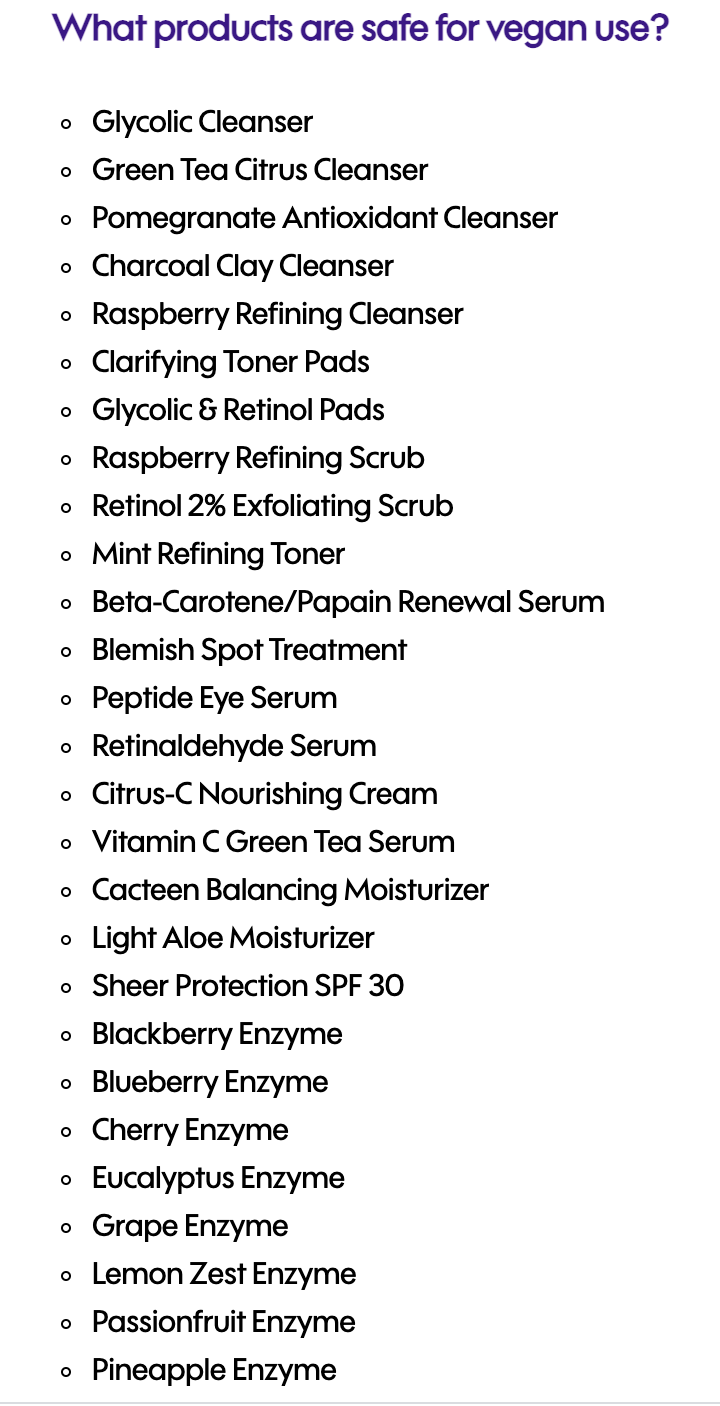April 26, 2021
I am a believer in science. On Instagram, I follow a bunch of women cosmetic scientists who love skincare and understand science. Although the chemistry of molecules often goes over my head, I do a lot of research to understand the ingredients that go into the skincare products we use. Much of the information that we are provided is often more marketing language than it is about factually based science. And I am ok with this as long as we do our best to decipher the difference.
Here are the categories of products that many of my clients ask about most often.
Organic
“Organic products must be produced using agricultural production practices that foster resource cycling, promote ecological balance, maintain and improve soil and water quality, minimize the use of synthetic materials, and conserve biodiversity” Labeling Organic Products
Because getting a product 95-100% organic can be expensive, companies often use only a few certified organic ingredients and identify them with an asterisk.
Look at the ingredient list on this product.
Natural
Even “natural” things are a chemical if you ask a scientist.
As consumers we assume “…natural skincare products are products that are free of synthetic fragrances, dyes, parabens, sulfates and phthalates. Many of these products also use ingredients that are naturally sourced, or botanical ingredients that have therapeutic effects on skin.” Dermatology Times
The skincare market is definitely trending toward having most of the ingredients in their products derived from a natural/botanical source. Sometimes if that ingredient is difficult to acquire or perhaps there is a shortage of its availability, scientists have recreated the same ingredient in a lab as a bio-identical match. Therefore allowing consumers to achieve its beneficial effects while maintaining safety on our skin. Synthetically lab-created ingredients can be equivalent, better, or cheaper than ethically sourced rare ingredients.
Cruelty-Free
“Some companies may apply such claims solely to their finished cosmetic products. However, these companies may rely on raw material suppliers or contract laboratories to perform any animal testing necessary to substantiate product or ingredient safety. Other cosmetic companies may rely on combinations of scientific literature, non-animal testing, raw material safety testing, or controlled human-use testing to substantiate their product safety. Many raw materials, used in cosmetics, were tested on animals years ago when they were first introduced.

Mad Hippie
A cosmetic manufacturer might only use those raw materials and base their “cruelty-free” claims on the fact that the materials or products are not “currently” tested on animals.” FDA
Cruelty-free is tricky because companies buy raw ingredients from a variety of manufacturers; it is hard to be sure if an ingredient was not tested on animals at some point during the product formulation process. Also, since these are only US rules, the same product may be required to safety tested on animals sold in another country.
“The only way to be 100% certain a company is cruelty-free is to buy products from companies that have been certified by the Leaping Bunny Program, which requires that no new animal testing be used in any phase of product development by the company, its laboratories, or ingredient suppliers.” Leaping Bunny
Vegan
“’Cruelty-free’ simply means a product or its ingredients have not been tested on animals by a supplier, manufacturer, producer or any third-party entity. Some brands may be cruelty-free without being vegan, so if you are looking for the latter make sure it is explicitly stated,” Today.com
Vegan products contain no ingredients that are derived from an animal source, even if it doesn’t harm the animal such as honey. Fortunately, the skincare market is very sensitive to people looking for vegan products so it’s not as rare to find effective vegan products as it once was.
No matter what your skincare philosophy is, there are products that can fulfill your needs. It’s about finding what’s right for your skin and your lifestyle. Skincare is often about trial and error so just because one product isn’t biocompatible, we can always find something else that will provide your desired results and still maintain the philosophies you find important.
There is no right or wrong when it comes to deciding what fits your moral code. Now you understand why it may take a little bit of research to find a product that is successful for you.
How can I help you find what you are looking for?
I work to help each of my coaching clients find products that feel comfortable to them. The biggest challenge I come up against is finding products that are highly ecological. It is very difficult to find products packaged without any plastic or without plastic in the shipping process. But I am always up for a challenge. So I continue to hunt.
If you want help with your skincare routine and finding products that compliment your philosophy and budget join me in my 1:1 virtual skincare coaching program. I will get your skin glowing without compromising your beliefs.







Leave a Reply